

KRISTIN ERIKSON
Guiding guests through the wilderness of Svalbard is “the best job you can have”, says Kristin Eriksson.
At just 23, Kristin has already been a nature guide on 3 different Continents. She spends up to 8 hours a day taking guests around the dramatic icy terrain. And while her job sounds exciting, it is not without its challenges. “The difficulty of my job is combining different expectations and characteristics of my guests”.
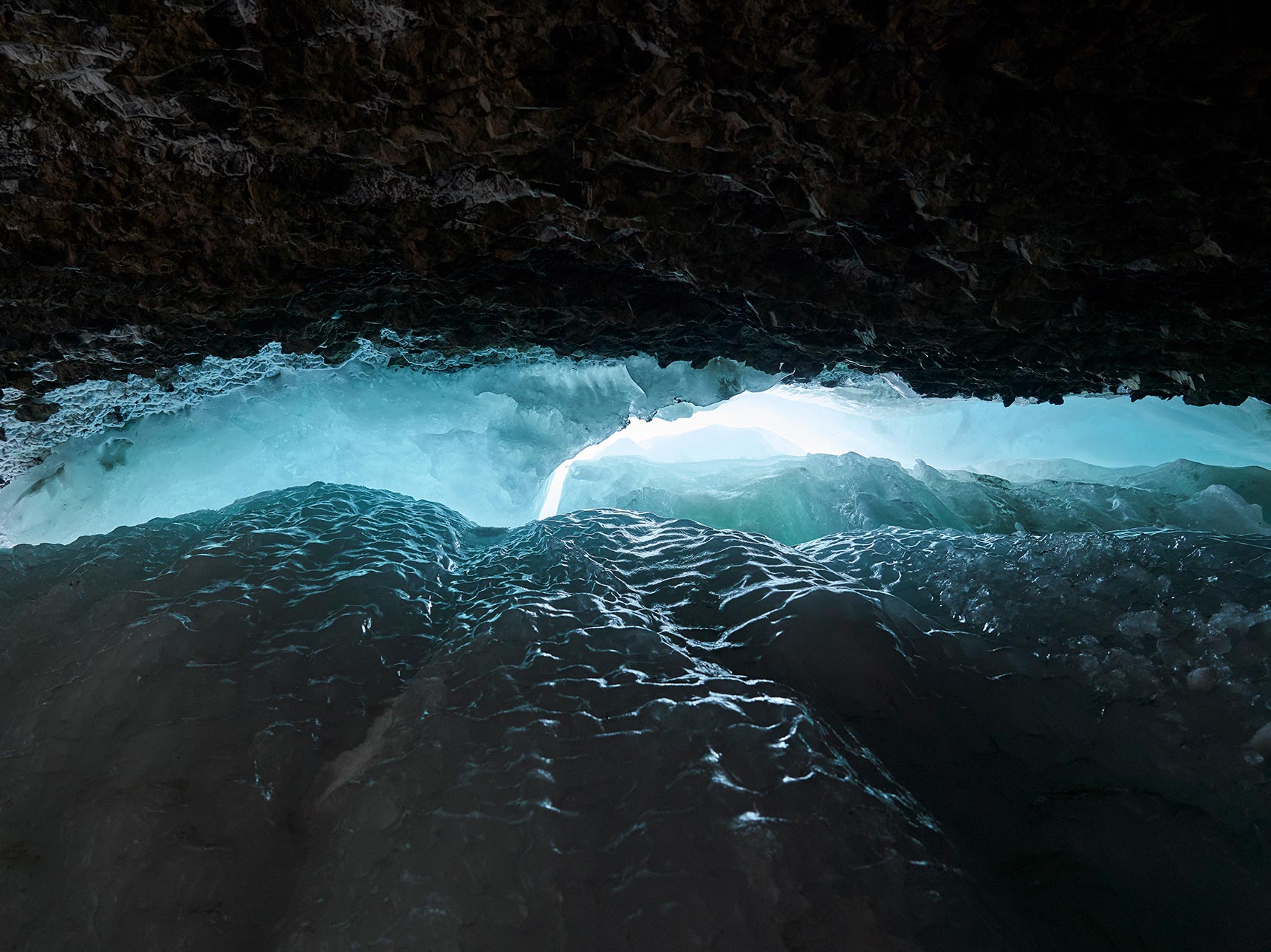
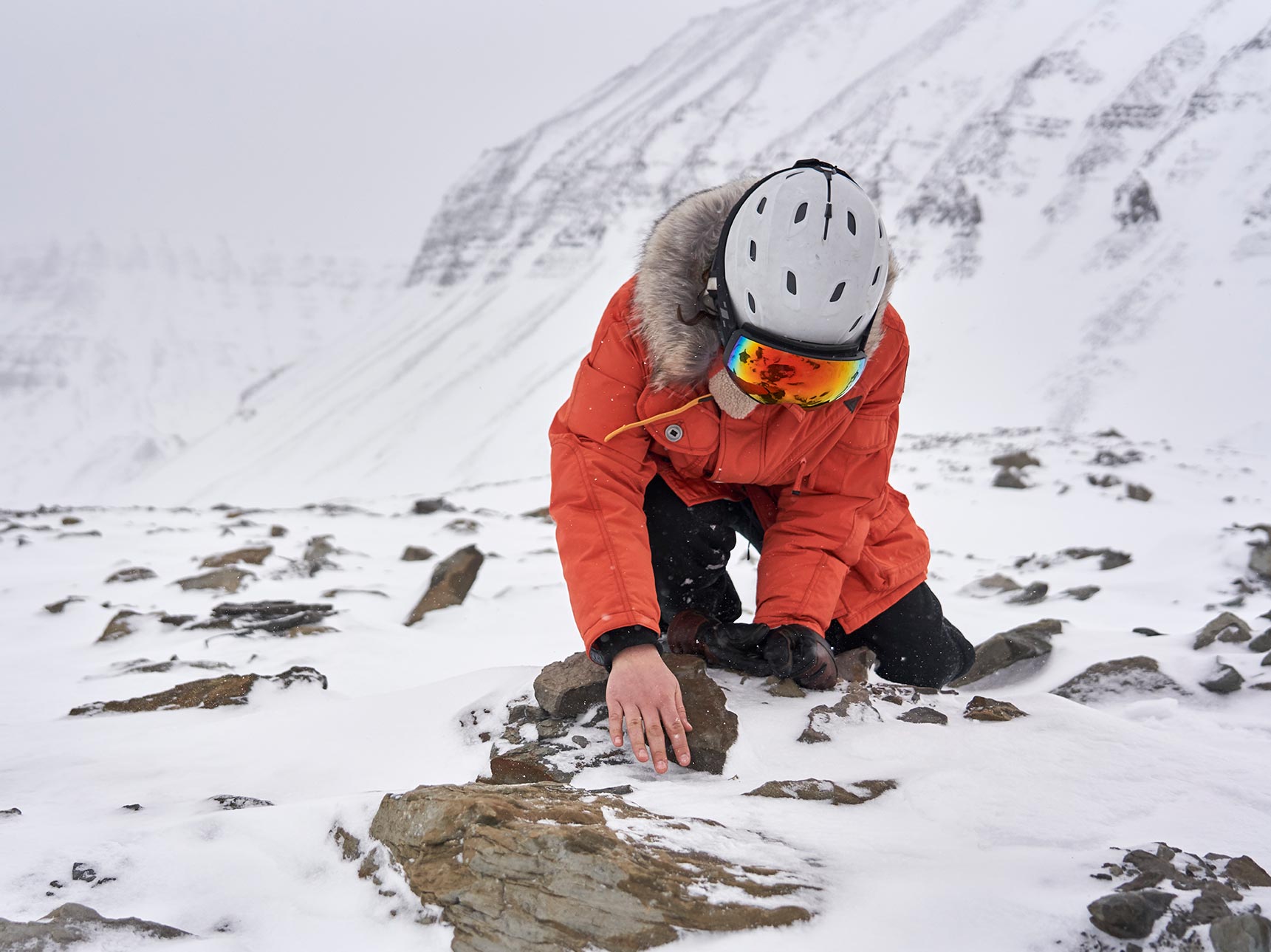
“Just imaging having strong Norwegians in the same tour with South East Asians that have never experienced cold weather before, and having to face an Ice Blizzard during a snow mobile tour in the middle of a kilometers wide glacier”.
What she loves most about the place is its lack of pretention. “IT IS SO SMALL AND FRIENDLY: BEING YOURSELF IS NOT SOMETHING ANYBODY SHOULD EVER WORRY ABOUT! EVERYONE IS WELCOME AND HAS NO ROLE TO PLAY, OR RULES TO FOLLOW”
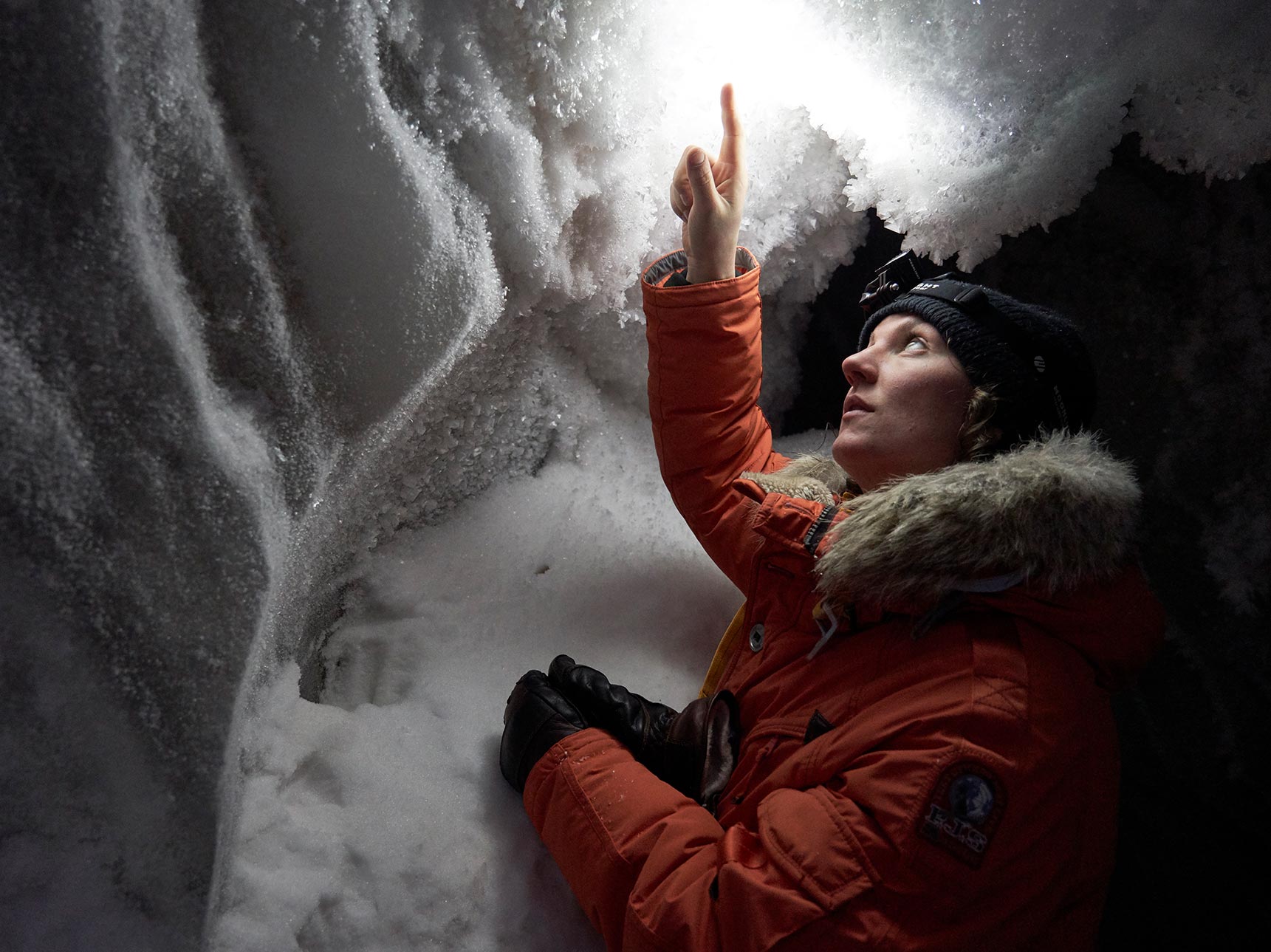
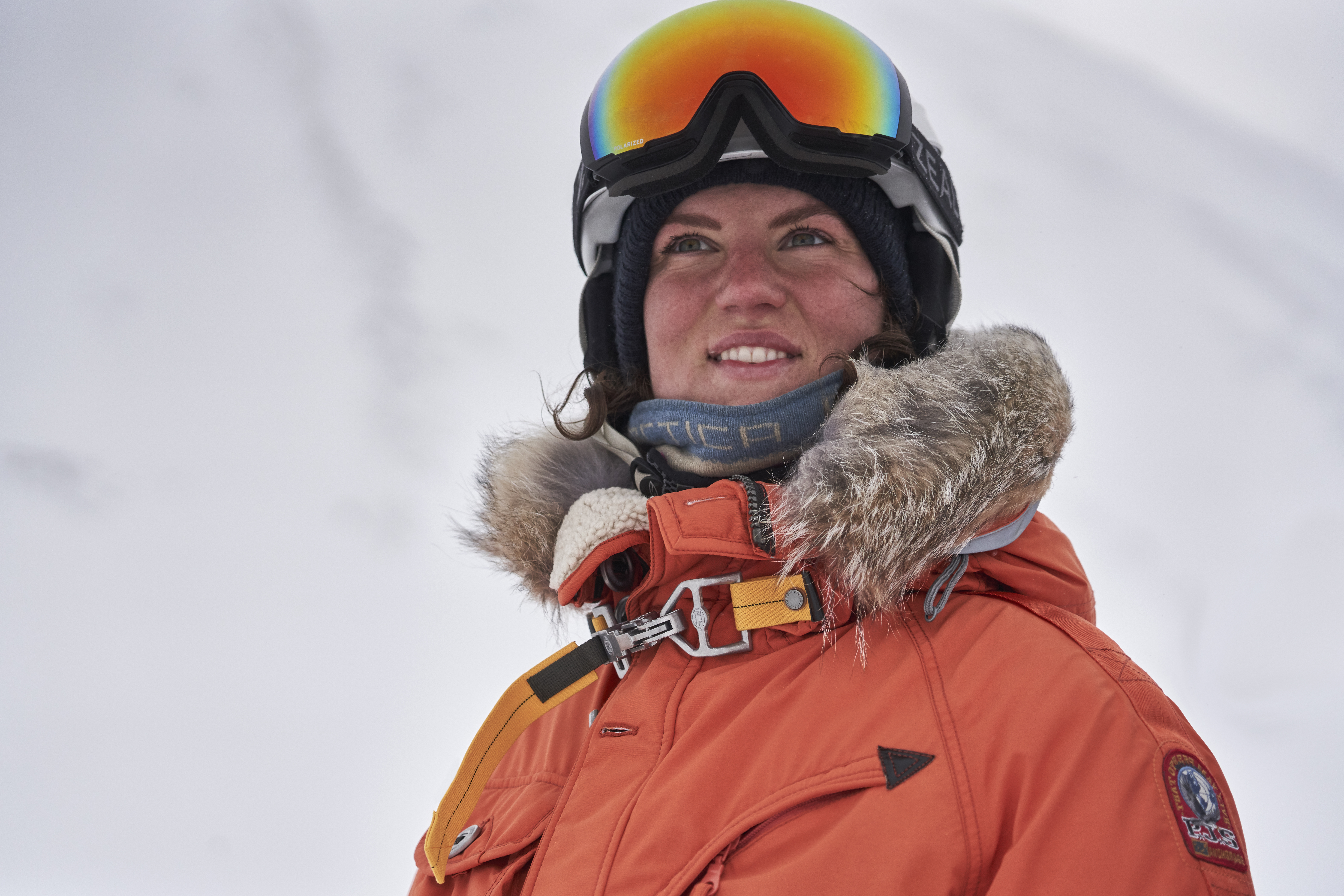
And we couldn’t agree more. Svalbard is the warmest cold place we’ve ever visited.
DISCOVER OUR SPECIAL PROJECTS
-
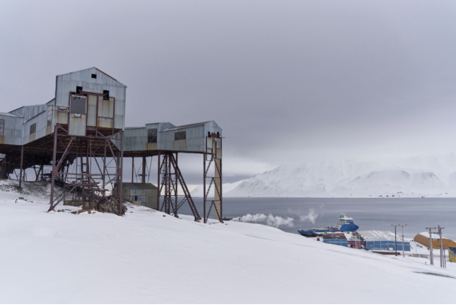 VOICES FROM AN ICY COASTThe Parajumpers Stories speak of lives outside the ordinary, lived in the remotest corners of earth where powerful forces of nature make everyday survival a challenge.Discover more
VOICES FROM AN ICY COASTThe Parajumpers Stories speak of lives outside the ordinary, lived in the remotest corners of earth where powerful forces of nature make everyday survival a challenge.Discover more -
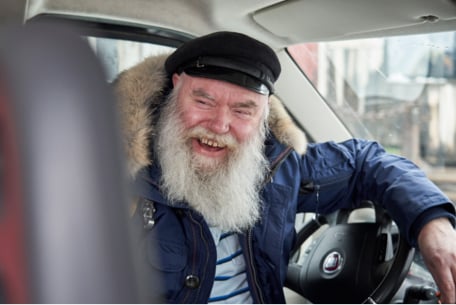 WIGGO ANTONSENLongyearbyen is the largest settlement and administrative centre of Svalbard.Discover more
WIGGO ANTONSENLongyearbyen is the largest settlement and administrative centre of Svalbard.Discover more -
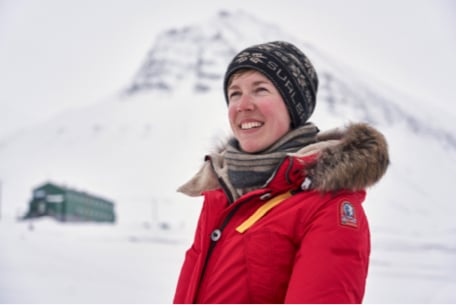 HEIDI SEVESTRESvalbard in Norwegian means “Icy Coast”. Yet Heidi Sevestre, a resident ‘ice doctor’, has seen the troubling signs that this frozen landscape has changed in recent decades.Discover more
HEIDI SEVESTRESvalbard in Norwegian means “Icy Coast”. Yet Heidi Sevestre, a resident ‘ice doctor’, has seen the troubling signs that this frozen landscape has changed in recent decades.Discover more -
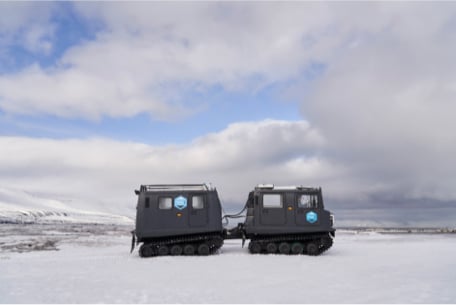 JASON ROBERTSThe rugged beauty of Svalbard can make it difficult to leave. Just ask Jason Roberts, originally from Australia and one of the long- time residents of the Norwegian Archipelago.Discover more
JASON ROBERTSThe rugged beauty of Svalbard can make it difficult to leave. Just ask Jason Roberts, originally from Australia and one of the long- time residents of the Norwegian Archipelago.Discover more -
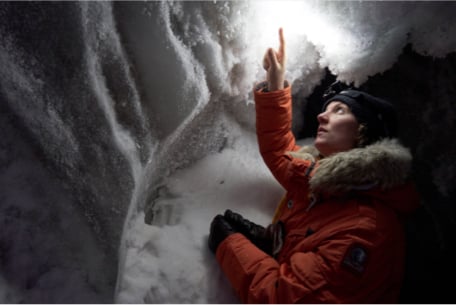 KRISTIN ERIKSSON“Guiding guests through the wilderness of Svalbard is “the best job you can have”, says Kristin Eriksson. At just 23, Kristin has already been a nature guide on 3 different Continents.Discover more
KRISTIN ERIKSSON“Guiding guests through the wilderness of Svalbard is “the best job you can have”, says Kristin Eriksson. At just 23, Kristin has already been a nature guide on 3 different Continents.Discover more -
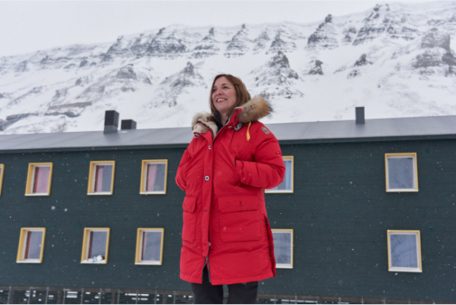 HEGE GISKEIn the last decade, more and more people have come to Svalbard motivated by the beauty of the place but also by the challenge of what it means to survive both as a community as well as an individual in such a unique location.Discover more
HEGE GISKEIn the last decade, more and more people have come to Svalbard motivated by the beauty of the place but also by the challenge of what it means to survive both as a community as well as an individual in such a unique location.Discover more